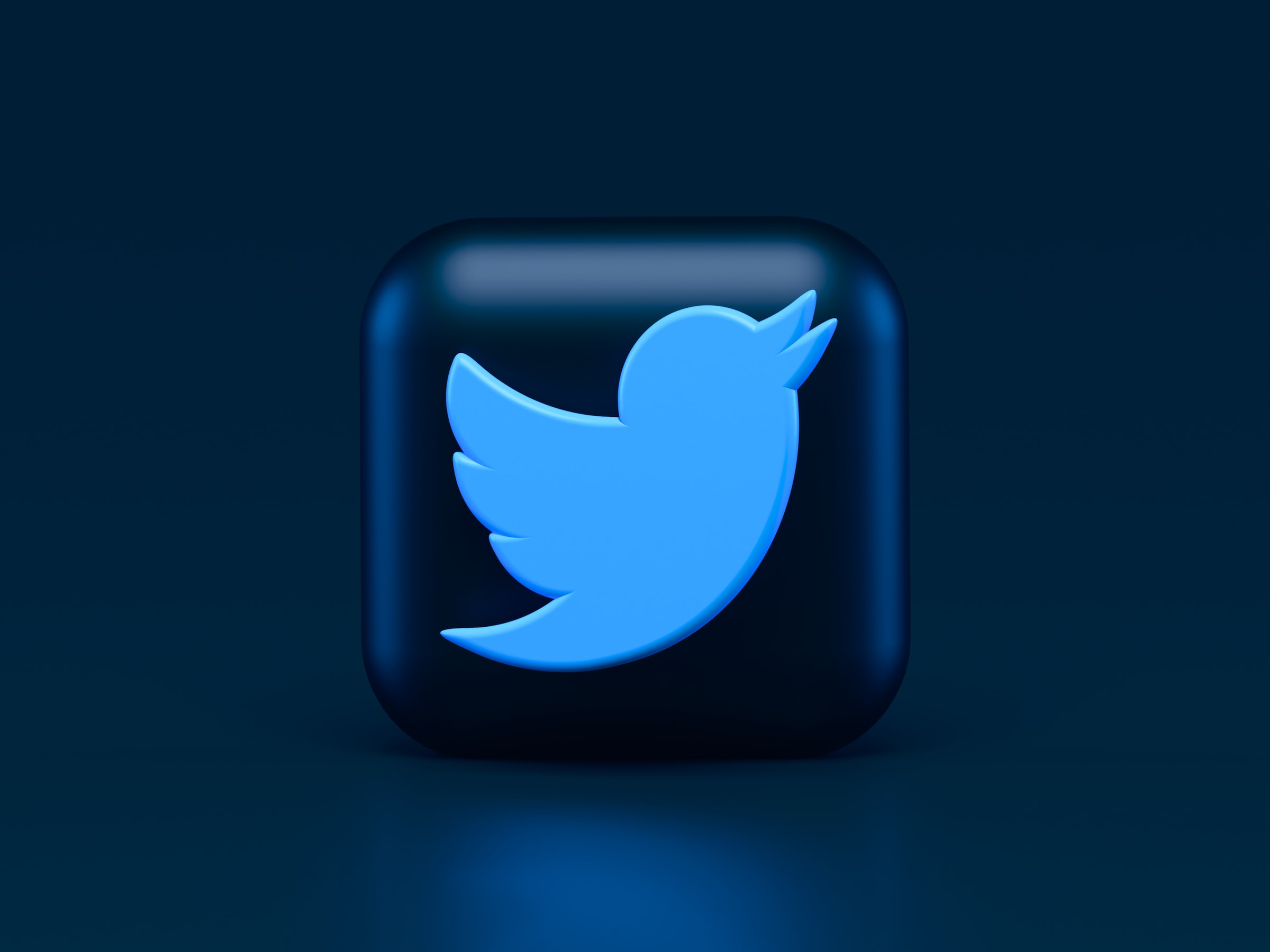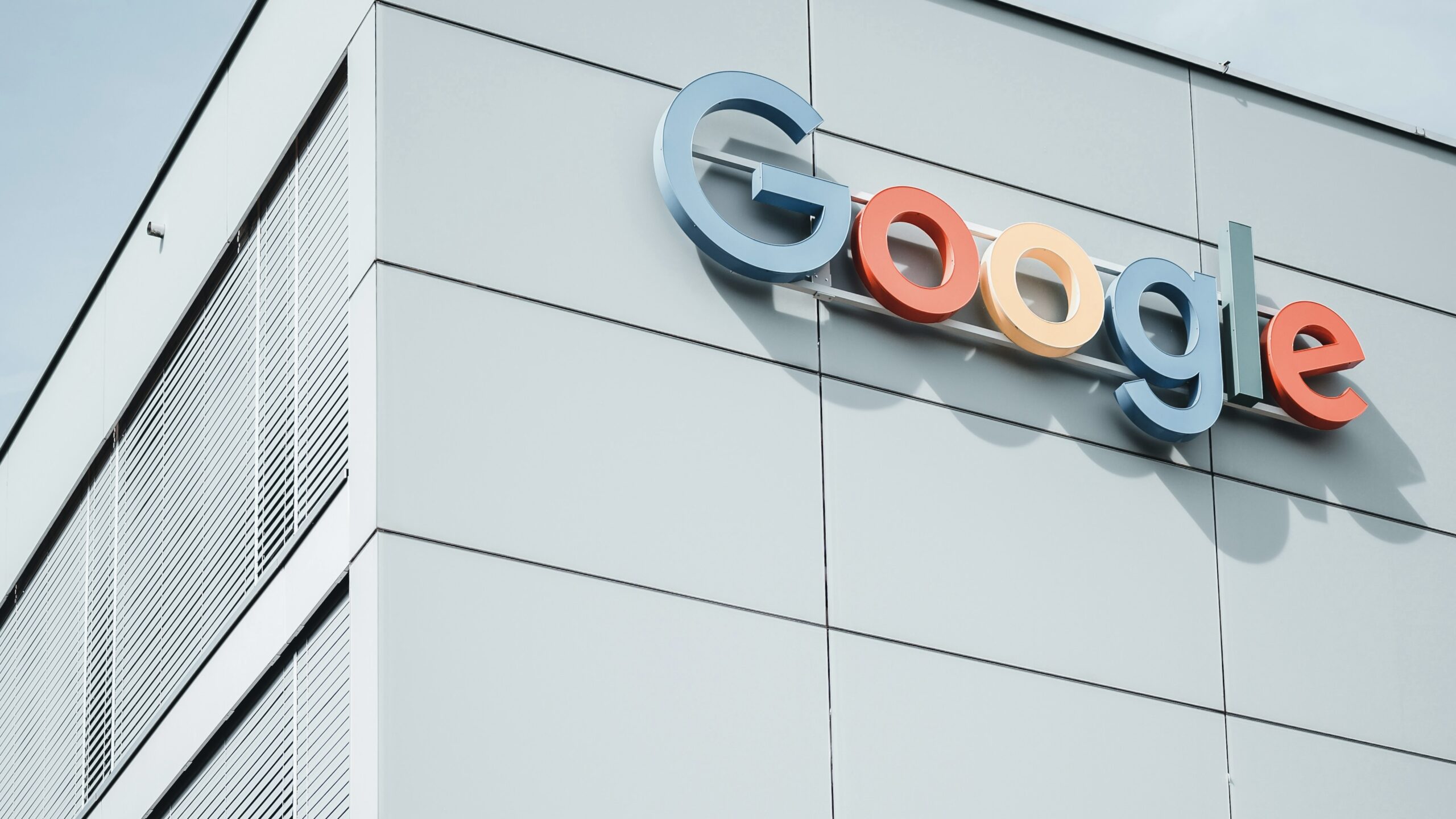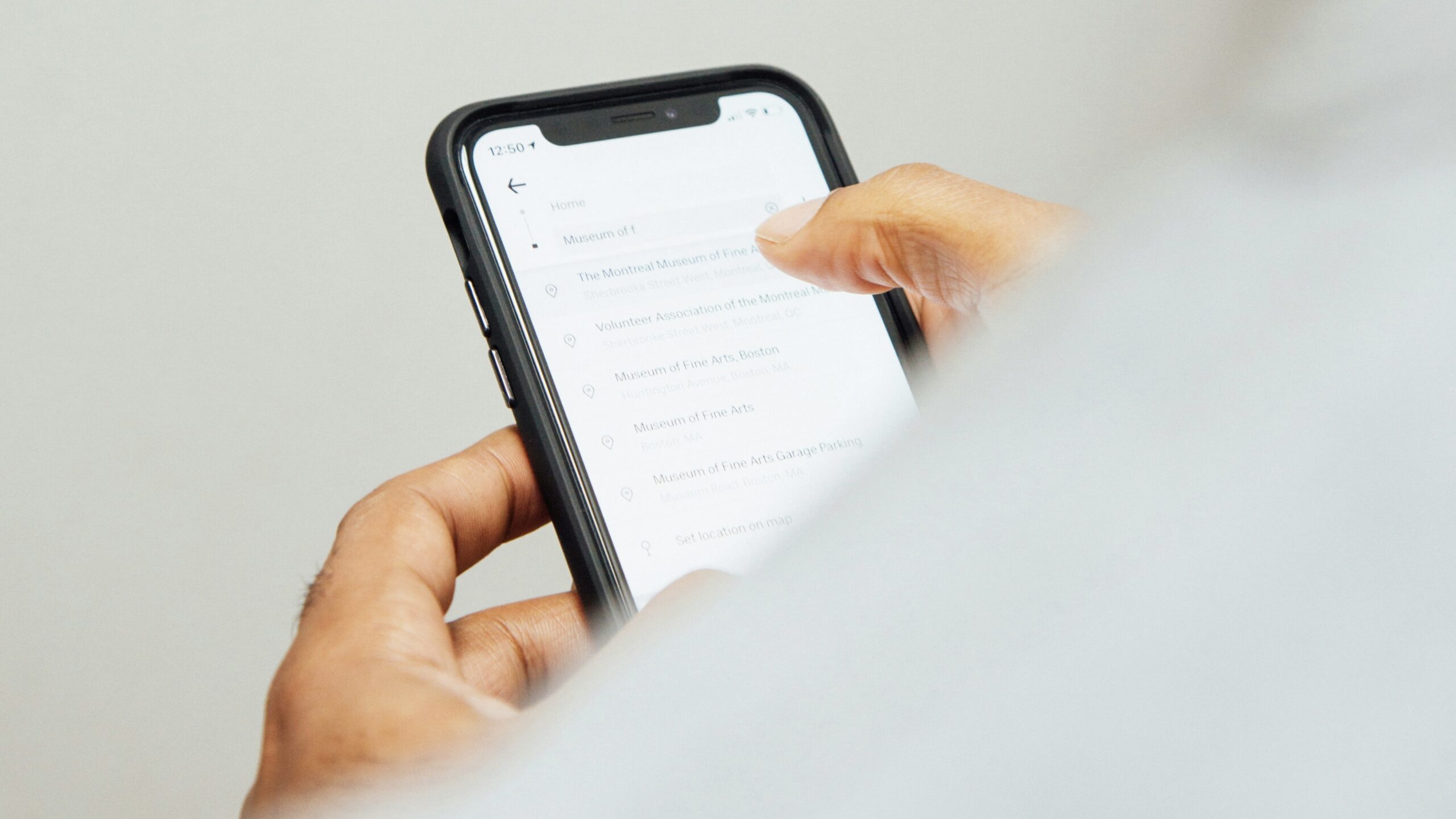Twitter Faces a New Verification Scam
Elon Musk has finally taken control of Twitter. After months of news headlines and speculations, Musk has acquired the social media company and taken the helm as CEO. While there is plenty of discussion about this new leadership, and the change that will come with it, there is now a cybersecurity issue certain users need to watch out for. The

Elon Musk has finally taken control of Twitter. After months of news headlines and speculations, Musk has acquired the social media company and taken the helm as CEO. While there is plenty of discussion about this new leadership, and the change that will come with it, there is now a cybersecurity issue certain users need to watch out for.
The Twitter community is currently abuzz after news broke Sunday that Musk is looking to charge $20 per month for verification. Users on Twitter have been able to verify their accounts for free in the past, after going through a series of steps to prove to the platform their account is worthy of such a status. The ”blue check” as it’s called is designed to let the community know the account is legitimate, and not an imposter or a parody account. If you see a blue check next to an account claiming to be POTUS, for example, you know that is the official POTUS account.
To be clear, this payment system is not yet in place. As it stands, verification is still free as it always has been. In fact, Twitter developers were told they must meet a Nov. 7 deadline to finish the feature, or they will be fired.
All that to say, things are currently status quo. Which is why it’s concerning to see a cybersecurity scam already pop-up within a day of the news. There are reports of phishing emails targeting verified users, warning them they will either lose their status or have to pay $19.99 per month if they do not verify themselves again. According to the scam, going through the verification process again will guarantee a blue check ”free and permanently,” which has no basis in what information we have at this time. You can see an example of this email in the embedded tweet below:
As with all phishing scams, you should not click any links in the message. Twitter is not sending out any verification messages like this at this time, so any purporting to be from the company are fake. The link in the phishing email highlighted in the tweet above leads to a Google Doc with a link to a Google site, which is a big tell.
Share This
More Articles

Jul. 23, 2024
Watch Out for Wire Transfer Fraud

Jul. 23, 2024
What Are Business Email Compromises?

Jul. 16, 2024
Google Might Spend $23 Billion to Acquire a Cybersecurity Startup

Jul. 16, 2024
Did You Know Your iPhone Can Identify Plants and Animals?

Jul. 08, 2024
Did You Know Your iPhone Can Read Things to You?
View All
